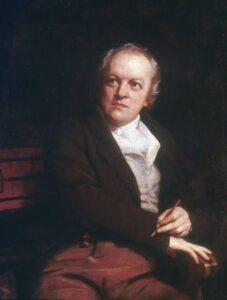The Rain of my blood, Act 2, Scene 7 Analysis
The stage opens with a flower, Chamunorwa and Chiedza’s flower. It symbolizes the two love birds’ undying love for each other. However, the flower isn’t doing well despite being watered by the girl. The girl is rather lonely. This takes the audience back to Act 2, Scene 6 where Chamunorwa pens a letter. The contents of the letter are revealed in the present scene, Act 2, Scene 7- Chamunorwa has left the girl to join the liberation struggle. This has left the girl lonely and unsure whether she will be able to reunite with him again.
Chamunorwa reveals a very bitter tone in his letter to Chiedza. He narrates the reasons for joining the liberation struggle. He met untold hardships and suffering since leaving school. He fails to find a job. He almost died of hunger. He experienced a very miserable life. He has made an irrevocable (unchanging) decision. This makes Chiedza to shiver and shed tears as revealed by the stage directions. Chamunorwa further tells his girlfriend in the emotionally charged letter that he is prepared to die for Zimbabwe thus revealing the theme of SACRIFICE. He also shows he is very Patriotic- has undying love for his country.
He inquires about their flower, a symbol of their love towards each other. He encourages Chiedza to look after the flower and cherish it as a symbol of their love. The letter expresses hope that one day the flower will blossom and bloom. It will grow. Singing concludes the scene though Chiedza appears inconsolable (she can’t be comforted or consoled because of the pain of separating with her loved one). She however vows to find wherever he is. His struggle is also hers.
INTERLUDE;
Tawanda’s voice is heard again in the interlude being interviewed by the playwright detailing how they travelled to the training camp and finally became fighters or combatants. They left with no money but through Chamunorwa’s plan, they boarded a train to Livingstone, Zambia. Since they had no money, they travelled like flies and mosquitoes. They spent the better part of the journey in toilets to avoid being detected or caught. They stayed in Zambia at a rear base then were taken to Mugagao Training Camp for military and political training. They received intense training on military strategies and techniques used in warfare to understand the complexity of the racist enemy. In Tanzania they were trained for a year then deployed. Chamunorwa was made Platoon Commander and Tawanda the Political Commissar (vatete vemusangano) to fight in Nehanda North, Chiweshe.



Good book
Understandable analysis